Introduction
The transition after the 10th grade is a critical turning point in every student’s life. It’s a time when choices need to be made that can shape your future academic and professional journey. Making informed decisions at this stage is crucial to align your interests and strengths with your career aspirations. This guide provides a comprehensive overview of the available streams and career options, empowering students to make the right choices. If you’re wondering after 10th what should I do?, this blog will help you find answers.
Understanding Available Streams
1. Science Stream
The Science stream is a popular choice among students aiming for careers in technology, medicine, and research. If you are exploring streams after 10th, Science offers a wide range of opportunities.
Subjects Offered:
- Core: Physics, Chemistry, Mathematics, and Biology
- Optional: Computer Science, Electronics, or Physical Education
Potential Career Paths:
- Engineering: Mechanical, Civil, Computer Science, etc.
- Medicine: Doctor, Dentist, Pharmacist
- Research: Biotechnologist, Chemist, Physicist
- Emerging Fields: Data Science, Artificial Intelligence, Environmental Science
2. Commerce Stream
Commerce is ideal for students interested in business, finance, and economics. For those considering after 10th career options, Commerce provides excellent opportunities in financial and business sectors.
Subjects Offered:
- Core: Accountancy, Economics, Business Studies
- Optional: Mathematics, Informatics Practices
Potential Career Paths:
- Accounting and Finance: Chartered Accountant (CA), Financial Analyst
- Business Management: Marketing, Human Resources
- Economics: Economist, Policy Analyst
- Entrepreneurship: Starting and managing businesses
3. Arts/Humanities Stream
The Arts stream offers a wide range of subjects and is ideal for those passionate about creativity, communication, and social sciences. It is one of the viable streams after 10th for students interested in diverse career paths.
Subjects Offered:
- Core: History, Geography, Political Science
- Optional: Psychology, Sociology, Literature, Fine Arts
Potential Career Paths:
- Journalism and Media: Reporter, Editor, Digital Media Specialist
- Law: Advocate, Legal Advisor
- Social Work: NGOs, Community Development
- Creative Fields: Design, Performing Arts, Writing
Factors to Consider When Choosing a Stream
Personal Interests and Strengths:
- Identify Interests: Reflect on the subjects you enjoy the most. For example, if you love solving problems, mathematics or science might be the right fit. If you enjoy creative writing or painting, consider exploring Arts.
- Hobbies and Activities: Evaluate hobbies like coding, playing musical instruments, or organizing events, as they can provide insights into your aptitudes and passions.
- Self-Assessment: Use personality tests or journaling to better understand what excites and motivates you academically and personally.
Career Aspirations:
- Research Career Paths: Explore long-term after 10th career options related to each stream. For instance, the Science stream could lead to engineering or medical fields, while Commerce might open doors to finance or business management.
- Set Goals: Define short-term academic goals and long-term career aspirations. For example, if you aim to be a doctor, ensure your choice includes biology.
- Market Trends: Stay updated with industries experiencing growth—such as data science, digital marketing, or environmental sciences—and align your stream choice with potential opportunities.
Academic Performance:
- Evaluate Strengths: Review your grades in key subjects like mathematics, science, or social studies to identify areas of strength.
- Seek Guidance: Discuss your performance with teachers and mentors. Their feedback can provide clarity on whether a particular stream suits your academic abilities.
- Work on Weaknesses: If your preferred stream requires proficiency in a subject where you struggle, create a plan to improve through extra practice or tutoring.
Personal Interests and Strengths:
- Identify what subjects you enjoy studying and excel at.
- Consider hobbies and activities that spark your enthusiasm.
Career Aspirations:
- Research long-term after 10th career options related to each stream.
- Align your choice with your professional goals.
Academic Performance:
- Analyze your performance in key subjects like mathematics and science.
- Seek advice from teachers and mentors to understand your aptitude.
Study habits for 10th grade toppers
Role of Aptitude Tests in Stream Selection
Importance of Assessing Skills and Interests:
- Understanding Aptitude: Aptitude tests are standardized assessments designed to evaluate a student’s natural abilities in areas such as logical reasoning, problem-solving, numerical ability, and verbal skills. These tests provide a clearer picture of where a student’s strengths lie.
- Identifying Strengths and Weaknesses: By highlighting both strong and weak areas, aptitude tests help students focus on careers and streams where they are more likely to excel.
- Career Alignment: These tests not only assess academic capabilities but also align them with potential career paths. For example, a student with a high aptitude in numerical reasoning might be suited for careers in engineering, commerce, or data analytics.
- Reducing Uncertainty: Students often face confusion about after 10th what should I do?. Aptitude tests reduce this uncertainty by providing data-driven insights into suitable options.
Introduction to Deeksha’s DSAT:
- Overview of DSAT: Deeksha offers the DSAT (Deeksha Scholastic Aptitude Test), a comprehensive tool tailored to assess a student’s academic and personal strengths. DSAT is designed to guide students in making informed decisions about their streams and careers after the 10th grade.
- Personalized Recommendations: DSAT evaluates students on various parameters, including logical reasoning, subject-specific strengths, and personal interests, to suggest the most suitable streams after 10th and potential career paths.
- Practical Benefits:
- Provides students and parents with a clear understanding of the student’s abilities.
- Encourages informed discussions between students, parents, and mentors.
- Supports students in avoiding common pitfalls like choosing a stream based on peer pressure or misconceptions.
- How to Access DSAT: Students can easily register for DSAT through Deeksha’s official platform. The test is structured to be student-friendly and delivers results that are easy to understand and actionable.
Strategies to beat procrastination in 10th grade
Parental Guidance and Support
How Parents Can Assist in Decision-Making:
- Engage in Open Discussions: Parents should regularly communicate with their children about their academic interests, hobbies, and goals. Listening actively and offering encouragement fosters a supportive environment.
- Provide Emotional Support: The transition after 10th grade can be overwhelming. Parents can help by reassuring their children and encouraging them to explore various options without fear of failure.
- Research Together: Collaborate with your child to explore career options and understand the requirements for different streams. This joint effort can help children feel more confident in their choices.
Encouraging Open Communication About Career Choices:
- Avoid Imposing Personal Preferences: While parents may have their own career aspirations for their children, it’s essential to prioritize the child’s interests and aptitudes. This ensures decisions are made based on what’s best for the child’s future.
- Create a Safe Space: Foster an environment where children feel comfortable discussing their dreams, doubts, and concerns. Avoid judgment and criticism to maintain trust.
- Encourage Exploration: Allow your child to explore different streams and career paths. Encourage them to participate in workshops, internships, or aptitude tests like Deeksha’s DSAT to gain clarity and confidence in their decision-making process.
Staying active and healthy in 10th grade
Conclusion
Choosing the right stream after the 10th grade is a crucial step toward building a successful career. By understanding the available options, evaluating personal interests, and seeking guidance through tools like Deeksha’s DSAT, students can make informed and personalized decisions. If you’re still asking yourself after 10th what should I do?, remember the key is to choose a path that aligns with your passions and goals—a decision that lays the foundation for a bright and fulfilling future.





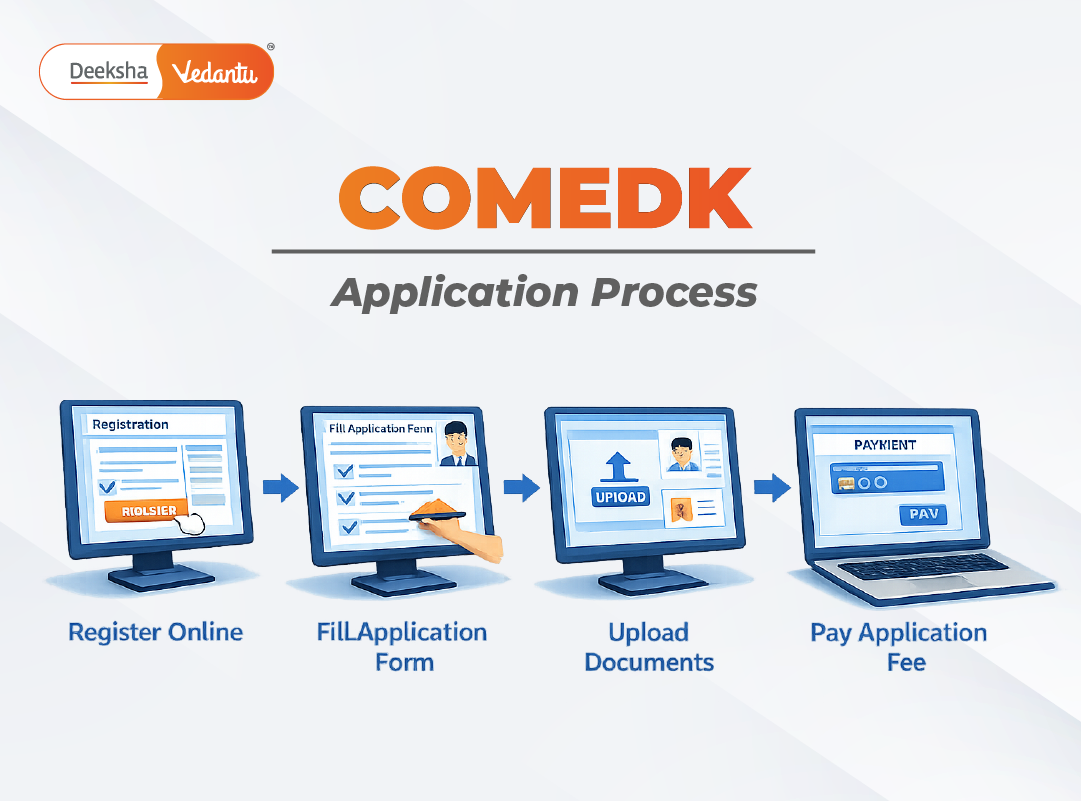
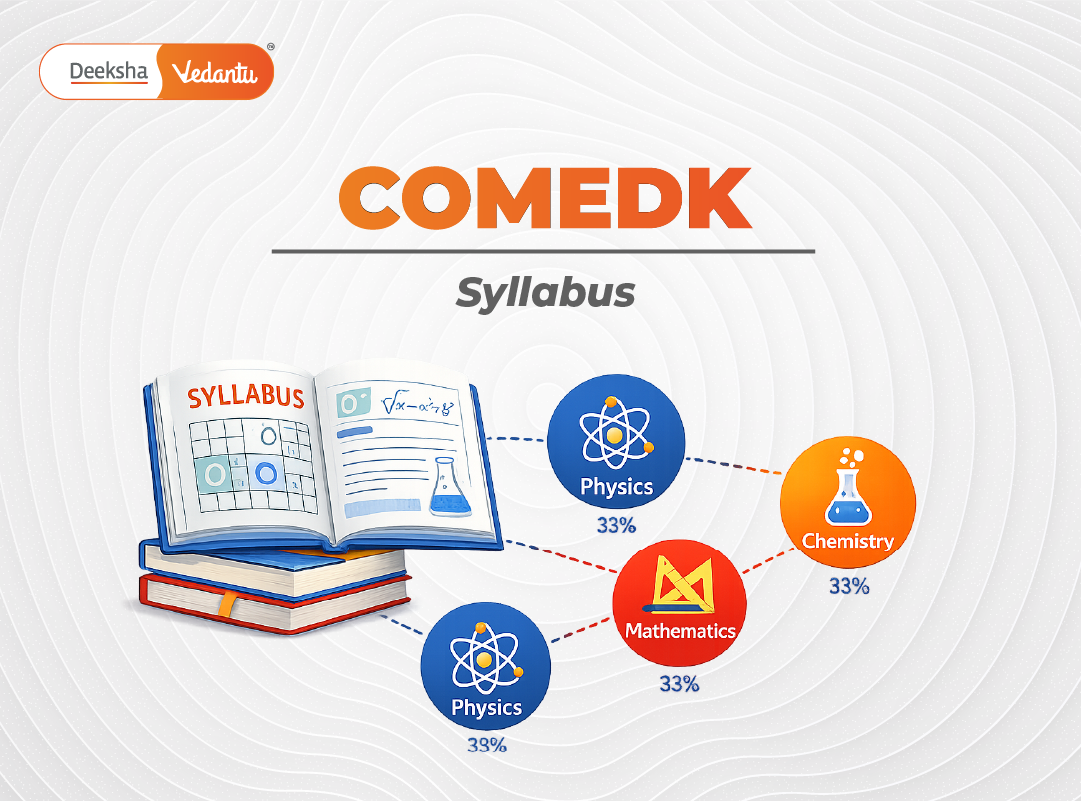
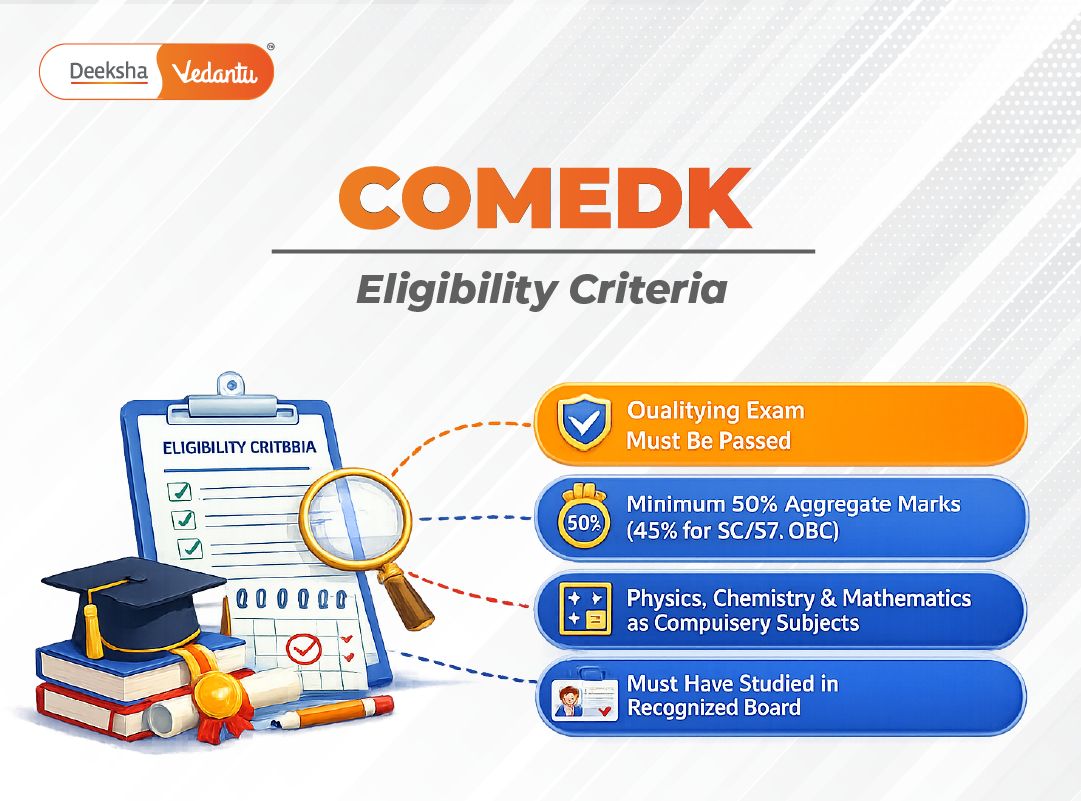

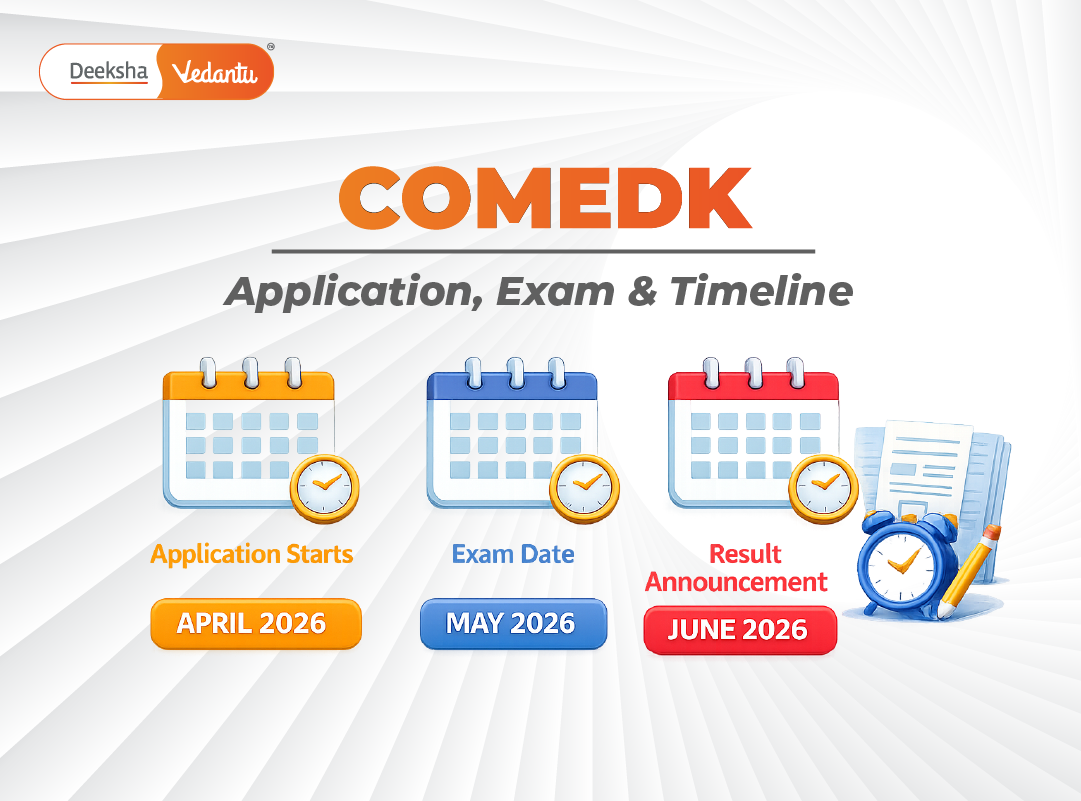

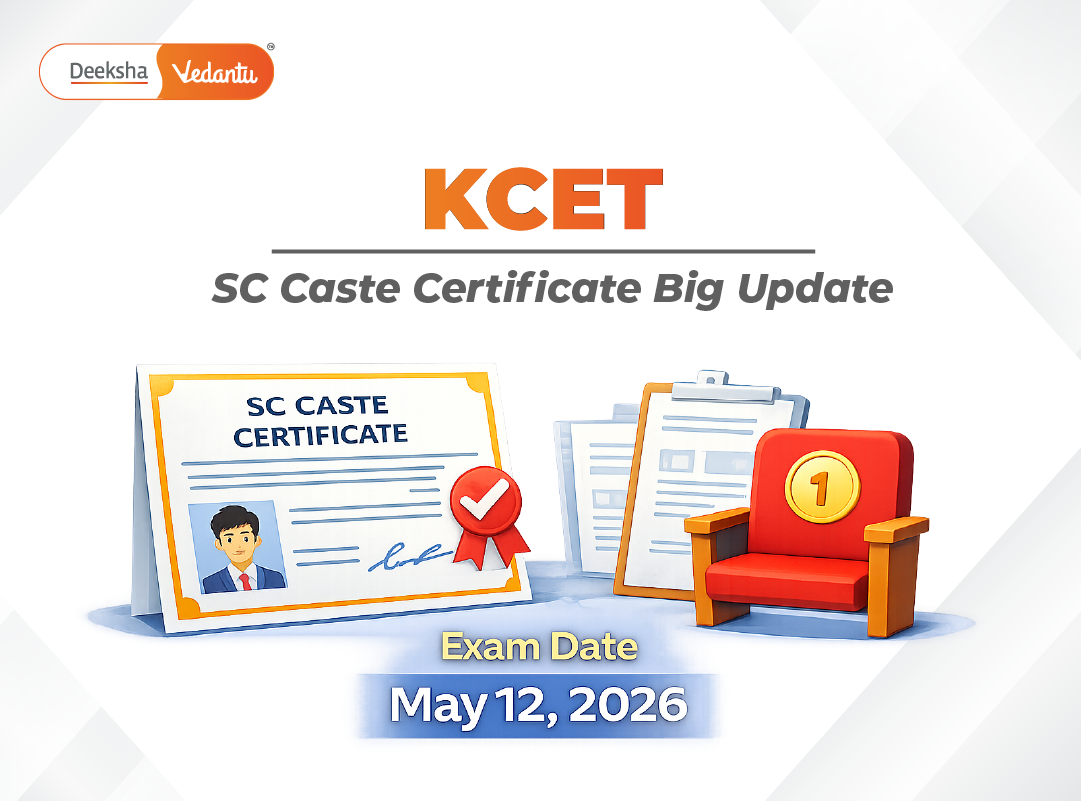


Get Social